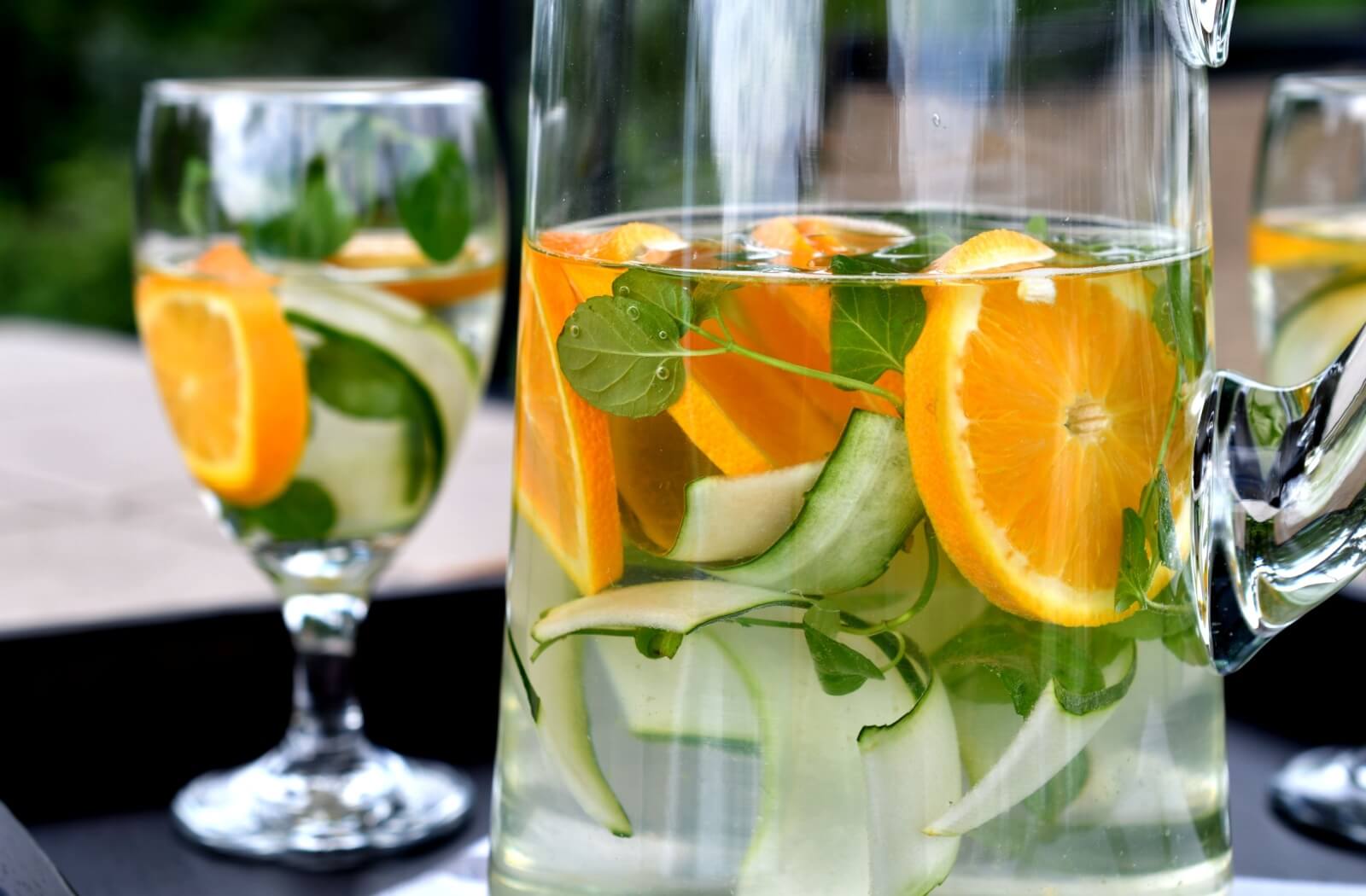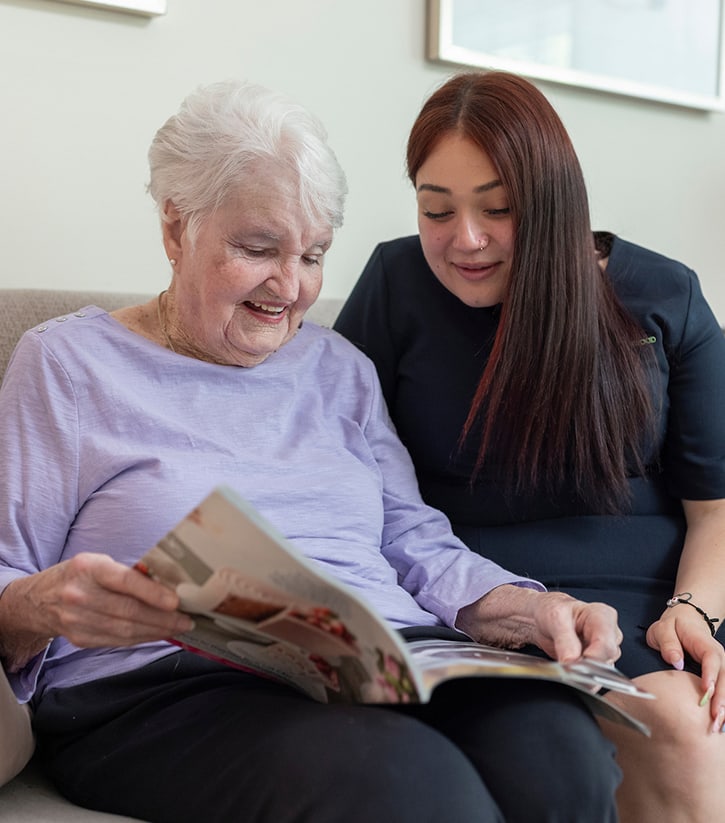A glass of water might seem simple, yet staying hydrated is one of the most effective ways to support a healthy lifestyle, especially for older adults. However, seniors face unique challenges that make proper hydration more difficult, and the effects of dehydration can be serious.
As we age, our bodies become less efficient at conserving water, and our sense of thirst may not be as strong as it once was. This can make dehydration a hidden but serious health risk. Proper hydration supports everything from joint health to energy levels and even cognitive function.
Whether it’s sipping on water throughout the day or incorporating hydrating foods like fruits and vegetables, there are plenty of ways to ensure older adults get the fluids they need. If you or a loved one are part of a senior living community, you’ll find that hydration is often a key focus of daily routines and life enrichment.
The Role of Hydration in Senior Health
Water does much more than quench thirst, it’s vital for almost every function in the body. From digestion to temperature regulation, hydration plays a pivotal role in keeping the body functioning optimally.
For seniors, maintaining hydration is critical as age-related changes make the body less efficient at conserving water. When water levels drop, this can lead to fatigue, confusion, and other complications that can interfere with the ability to enjoy daily activities.
Why Seniors Are More Prone to Dehydration
While everyone needs water, age introduces several challenges that can make staying hydrated harder. Here’s why seniors are more at risk for dehydration than younger adults:
- Reduced thirst sensation: As we age, the feeling of thirst naturally diminishes, meaning older adults might not realize when they need water.
- Medications: Many common prescriptions for seniors, like diuretics or laxatives, can lead to water loss.
- Changes in kidney function: Aging kidneys may struggle to conserve water, increasing the risk of dehydration.
- Mobility challenges: Physical limitations or difficulties in getting water throughout the day can also play a role.
Signs of Dehydration in Seniors
Dehydration can sometimes be tricky to identify in older adults. Watch for these telltale signs to catch it early on:
- Dry mouth or cracked lips
- Dark yellow urine or reduced urination
- Fatigue or confusion
- Sunken eyes or dry skin
- Dizziness or headaches
If you notice these signs in yourself or a loved one, take steps immediately to address the lack of hydration. Severe dehydration may require medical attention, so always consult a healthcare professional if symptoms persist.
How Proper Hydration Supports Daily Life
The benefits of hydration extend far beyond just feeling better. Staying hydrated can:
- Increase energy levels
- Improve digestion
- Support cognitive function
Many seniors find that drinking enough water also helps with joint lubrication, which can reduce aches and improve mobility. When seniors feel physically well, it becomes easier to focus on hobbies, relationships, and other fulfilling activities.
Tips to Help Seniors Stay Hydrated

Encouraging seniors to drink enough water shouldn’t feel like a chore. Here are some simple approaches to weave hydration naturally into their day-to-day routines.
- Keep a water bottle close: Having water handy makes drinking throughout the day more manageable. Consider lightweight, reusable bottles that are easy to carry around.
- Make it enjoyable: Add slices of fruit, cucumber, or mint to water for a refreshing twist and an appealing splash of flavor.
- Set reminders: Alarms or phone notifications can gently remind seniors to take a sip regularly.
- Offer small, frequent servings: If larger glasses feel overwhelming, encourage smaller but more frequent servings of water.
- Monitor fluid intake: Tracking water consumption can build awareness and turn hydration into a positive habit.
Hydration & Specific Health Conditions in Seniors
Staying hydrated becomes even more important when managing certain health conditions. For seniors living with conditions like diabetes, kidney disease, or hypertension, balancing fluid intake can directly impact a person’s overall comfort and stability.
For example, in diabetes management, water helps flush out excess sugar in the bloodstream. Likewise, for those with hypertension or heart-related issues, adequate hydration can help maintain proper blood pressure levels. When in doubt, always speak with a healthcare professional to determine the best hydration strategy for specific needs.
The Benefits of Water-Rich Foods for Seniors
Hydration doesn’t just come in a glass. Many fruits and vegetables are packed with water content that helps seniors stay hydrated. Some excellent options include:
- Cucumbers (96% water)
- Watermelon (92% water)
- Oranges (86% water)
- Strawberries (91% water)
- Zucchini (95% water)
Soups, broths, and yogurt are also hydration-friendly choices that can be easily added to meals. These foods not only help keep seniors hydrated but also provide vital nutrients for added nutrition.
Staying Hydrated: A Key to Healthy Aging
For seniors, drinking enough water can mean the difference between struggling through the day and thriving. Whether it’s increasing water intake or enjoying more hydrating foods, small daily steps can have a significant impact. Are you caring for a loved one or exploring memory care options? If you’d like to learn more about how a supportive environment can help with hydration and other aspects of daily life, reach out to The Hidenwood at RUI. We’d be happy to assist you in creating a plan that meets your family’s needs.














